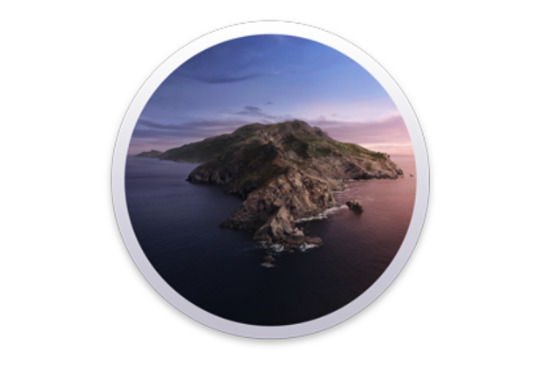Apple's macOS Catalina is first to require app notarization by default
Apps that have not passed through Apple's software security process will be prevented from running on macOS Catalina by an updated version of Gatekeeper.

Developers intending to support the forthcoming macOS Catalina must submit their apps to Apple's notarizing security process or they will not run.
The new measure is an extension to the existing Gatekeeper process which optionally allowed developers to submit their apps. Apple says the requirement is designed to ensure downloaded software is from the source users believe it is.
"Mac apps, installer packages, and kernel extensions that are signed with Developer ID must also be notarized by Apple in order to run on macOS Catalina," said the company in a new developer page. "This will help give users more confidence that the software they download and run, no matter where they get it from, is not malware by showing a more streamlined Gatekeeper interface."
The process involves a registered developer sending Apple their software, which is automatically scanned to look for malicious code and other potential security issues. It's intended for developers who distribute their apps outside of the Mac App Store. Apps within the store already go through similar security procedures.
The Notarized Apps feature was first announced as an option at 2018's WWDC, but Apple has been working to make it mandatory.
The new macOS Catalina was announced at the 2019 WWDC and beta versions of the software have already been made available to developers.

Developers intending to support the forthcoming macOS Catalina must submit their apps to Apple's notarizing security process or they will not run.
The new measure is an extension to the existing Gatekeeper process which optionally allowed developers to submit their apps. Apple says the requirement is designed to ensure downloaded software is from the source users believe it is.
"Mac apps, installer packages, and kernel extensions that are signed with Developer ID must also be notarized by Apple in order to run on macOS Catalina," said the company in a new developer page. "This will help give users more confidence that the software they download and run, no matter where they get it from, is not malware by showing a more streamlined Gatekeeper interface."
The process involves a registered developer sending Apple their software, which is automatically scanned to look for malicious code and other potential security issues. It's intended for developers who distribute their apps outside of the Mac App Store. Apps within the store already go through similar security procedures.
The Notarized Apps feature was first announced as an option at 2018's WWDC, but Apple has been working to make it mandatory.
The new macOS Catalina was announced at the 2019 WWDC and beta versions of the software have already been made available to developers.

Comments
Apple doesn't force you to run MacOS on their hardware, nor do they prevent you from running alternatives.
They also don't force you to run only the newest version of macOS either
Plus, the whole notarization process is more like a cloud-based antivirus than App Store approval
https://developer.apple.com/documentation/security/notarizing_your_app_before_distributionSo, your reaction to that is 'I hope I can override it'... i.o.w. you want to be able to install an app that pretends it is from developer X but in fact isn't? Yeah, I can definitely see how that would be useful..
¯\_(ツ)_/¯
If you have the app installed already you will not be affected obviously and the developers will only bring out a new version when they comply, and if they no longer support the app it is not even an issue, so your routine does not have to change..
Only thing prevented is that you install an app that tries to trick you into believing it is from a trusted developer even though it isn't..